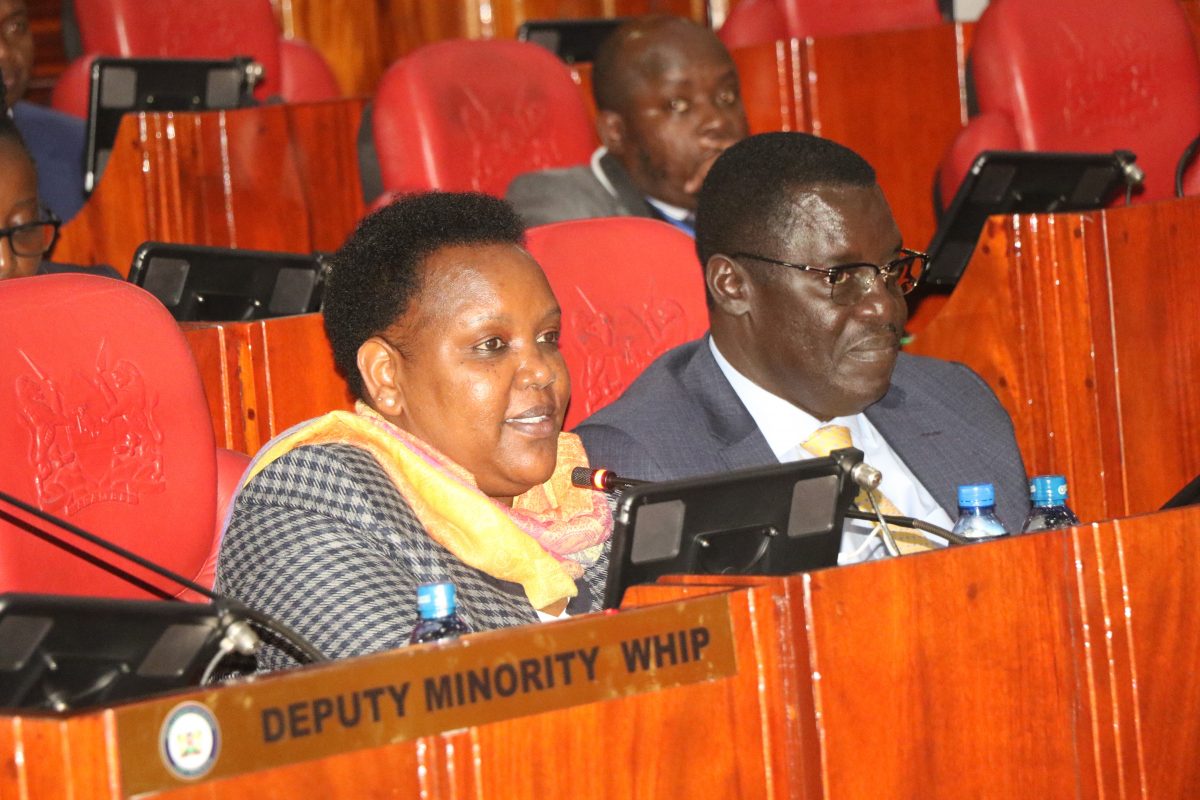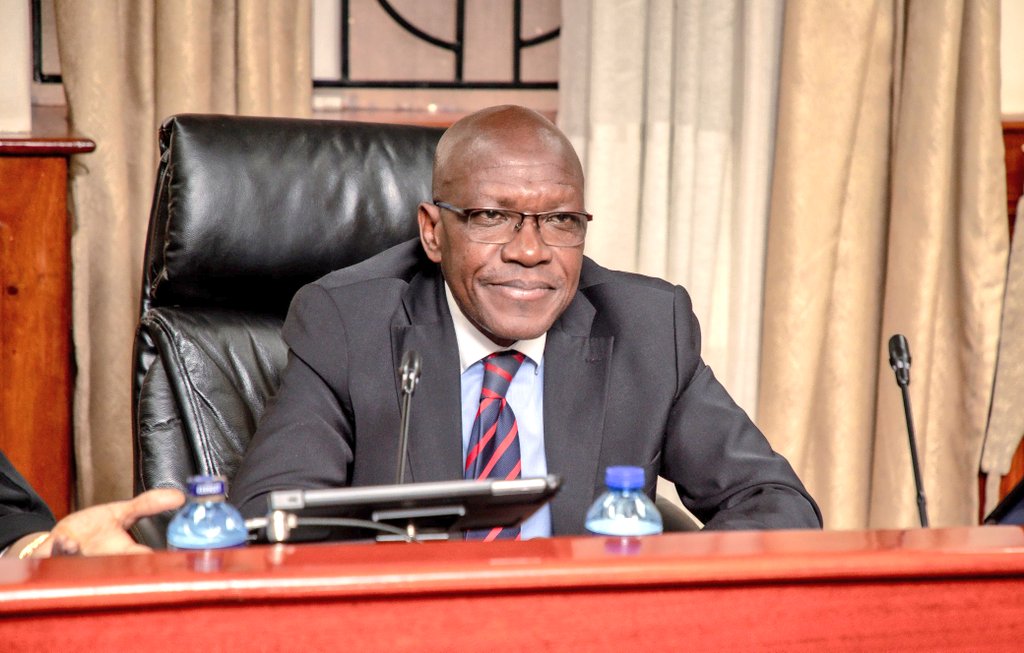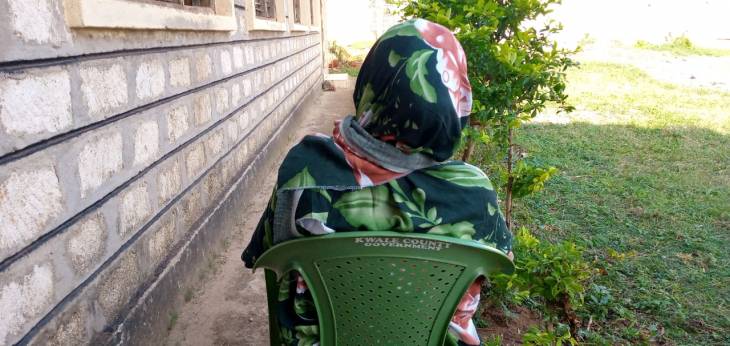State to set up safe houses in the Gulf to address plight of workers

The Ministry of Labour and Social Protection has put in place a multi-faceted approach to end the plight of Kenyan migrant workers in the Middle East.
Although the Labour Migration Management Bill, 2022, has not been enacted, the government has approved the setting up of safe houses, especially for Kenyan migrant workers in distress in Saudi Arabia.
The Labour Migration Management Bill’s objective is to promote safe, ethical and orderly recruitment of workers, safeguard the rights, promote the welfare of migrant workers and promote opportunities for foreign employment.
Appearing before the Senate Labour and Social Welfare Committee chaired by Julius Murgor (West Pokot), Labour Cabinet Secretary Florence Bore (pictured right) said the National Policy on Labour Migration has proposed the establishment of safe houses as temporary shelter for migrant workers in distress.
“The establishment of safe houses was approved by the Cabinet in 2021. The safe houses will be used by distressed migrant workers before the transition to another employment or repatriation back to the country,” said Bore.
She was responding to a statement by Kitui Senator Enock Wambua on the plight of Kenyan migrant workers in the Kingdom of Saudi Arabia and other countries in the Middle East.
The CS said the government had signed four Bilateral Labour Agreements (BLA) with the government of Qatar, United Arab Emirates, and Kingdom of Saudi Arabia, and concluded and signed a BLA on July 2021 with the United Kingdom and Northern Ireland on recruitment of healthcare workers.
She told the Labour committee that the BLA with Saudi Arabia, Qatar and UAE are being reviewed to improve terms and conditions of service, enhance the protection of workers and increase the cadres of the skills and professional workers covered by the agreement.
However, she said the Ministry has identified weaknesses in the BLAs which include wage protection measures, protection of travel and identity documents, skills recognition, social security and health benefits, access to complaints mechanisms, weak regulatory frameworks for private employment agencies and limited mechanisms for monitoring and evaluation.
Bore told the committee that the government has so far established three Labour Attaches offices in the Kingdom of Saudi Arabia, Qatar and UAE, adding that the attachees are among others mandated to ensure the protection of migrant workers.










